Ever tried to fit a Saint Bernard in a studio apartment? It’s a comedy show waiting to happen! For city dwellers and anyone living in cozy quarters, the age-old debate of cats versus dogs isn’t just about cuddles—it’s about sanity. If you’ve ever wondered who truly rules the apartment jungle, get ready for some surprising and delightful reasons why cats are the perfect fit for small spaces. Cat lovers, this one’s for you!
Smaller Space Requirements

Cats are true masters of making themselves comfortable in the tiniest of nooks. Unlike most dogs, who need room to stretch and run, cats are content curling up in a shoebox or perched atop a bookshelf. Their bodies are designed to squeeze into tight spots, making them ideal pets for apartments where every square foot counts. It’s almost magical how a cat can transform a cramped corner into a cozy haven. When you live in a small apartment, every inch is precious, and cats instinctively know how to use that space wisely. The lack of a need for large open areas means you won’t feel guilty about your pet’s happiness. Watching your cat nap contentedly on a windowsill or in a sunbeam proves just how little space happiness really takes.
Low Noise Levels
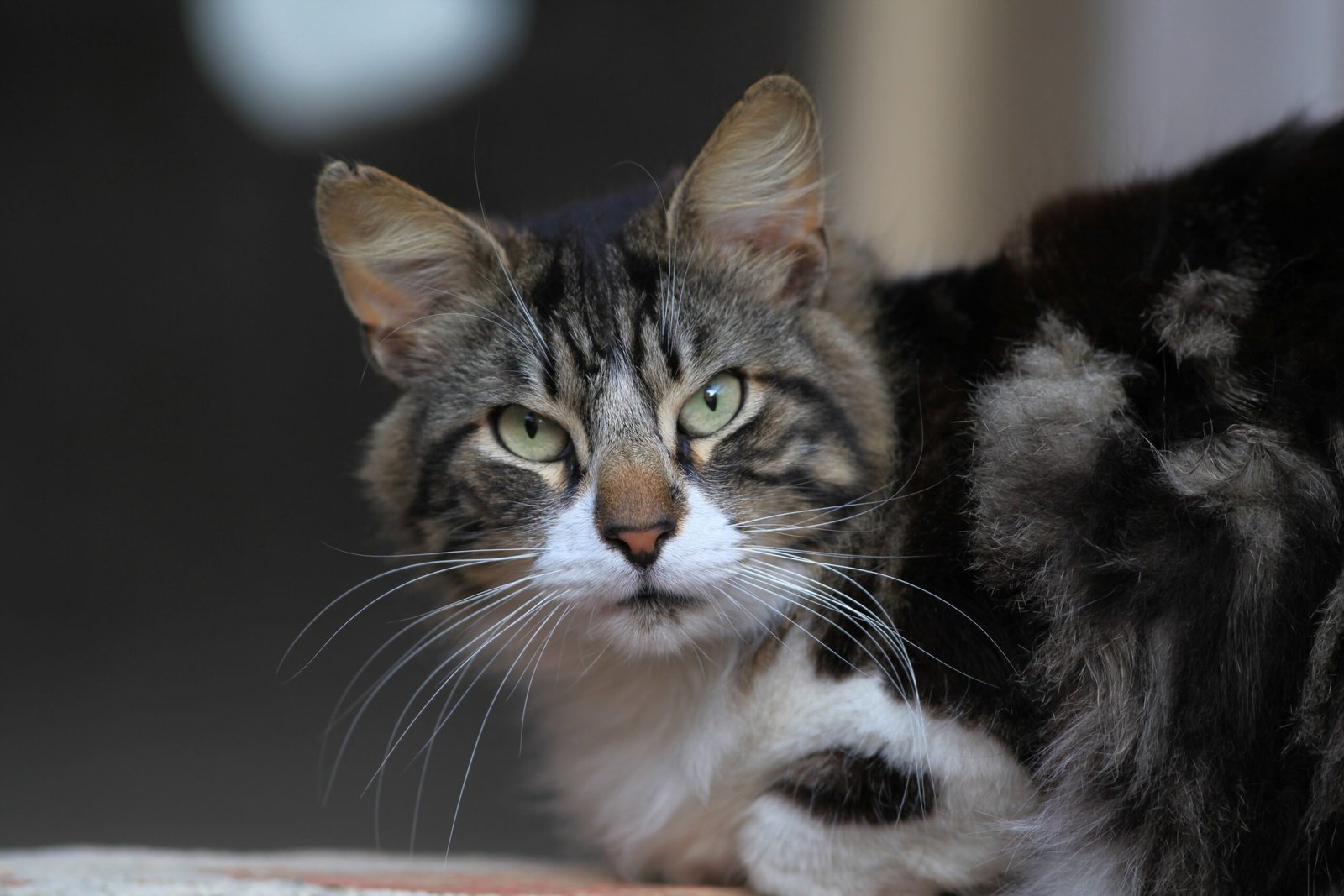
Apartment walls can be paper-thin, and the last thing you need is a barking dog to set off a neighbor’s complaints. Cats, on the other hand, are the whisperers of the animal kingdom. Their meows are soft, gentle, and rarely disruptive, especially compared to the startling barks or howls of some dog breeds. Even energetic playtime is mostly silent, with just the quiet patter of paws or the jingle of a toy. This tranquility makes cats perfect companions for anyone who values peace—or simply wants to avoid awkward encounters with annoyed neighbors. Your cat’s subtle sounds, like a gentle purr or a playful chirp, are far more likely to soothe than disturb. It’s like having a soft jazz soundtrack instead of a rock concert next door.
No Need for Outdoor Walks

The thought of a midnight stroll in the pouring rain just to let your dog relieve itself can be daunting, especially in a tiny apartment in the city. Cats, however, are entirely self-sufficient in this regard. Their litter box habits mean you never have to brave the elements or disrupt your schedule for bathroom breaks. This independence is a game-changer for busy people or those with limited mobility. You can sleep in, work late, or binge-watch your favorite series without worrying about your pet’s bladder. It’s freedom for both you and your feline friend. The convenience of a litter-trained cat is especially valuable when space is limited and outdoor access isn’t always easy.
Efficient Use of Vertical Space

Cats are natural climbers and acrobats, turning your apartment into an exciting playground. Even a small home can become a cat’s paradise with the addition of shelves, window perches, or a tall cat tree. Dogs, for the most part, are stuck on the ground, but felines thrive by exploring every level. This means your cat can enjoy exercise and mental stimulation without needing a large footprint. Watching a cat leap gracefully from surface to surface is like having your own living art installation. You can get creative with vertical setups, maximizing your space and giving your cat new adventures daily. It’s functional, fun, and perfectly suited for apartment life.
Less Mess and Damage

Cats are generally tidier than their canine counterparts. They don’t dig up houseplants, track mud across the floor, or chew on furniture and shoes out of boredom. While some cats might scratch a couch, this is easily managed with scratching posts and proper training. Their neat grooming habits mean fewer surprises lurking under beds or behind doors. In a small apartment, even minor messes feel magnified, so a pet that keeps things clean is a blessing. The absence of slobber, dirt, and shredded belongings makes cats much easier to live with in compact spaces. Your home stays fresher, cleaner, and a lot less chaotic.
Self-Grooming Habits
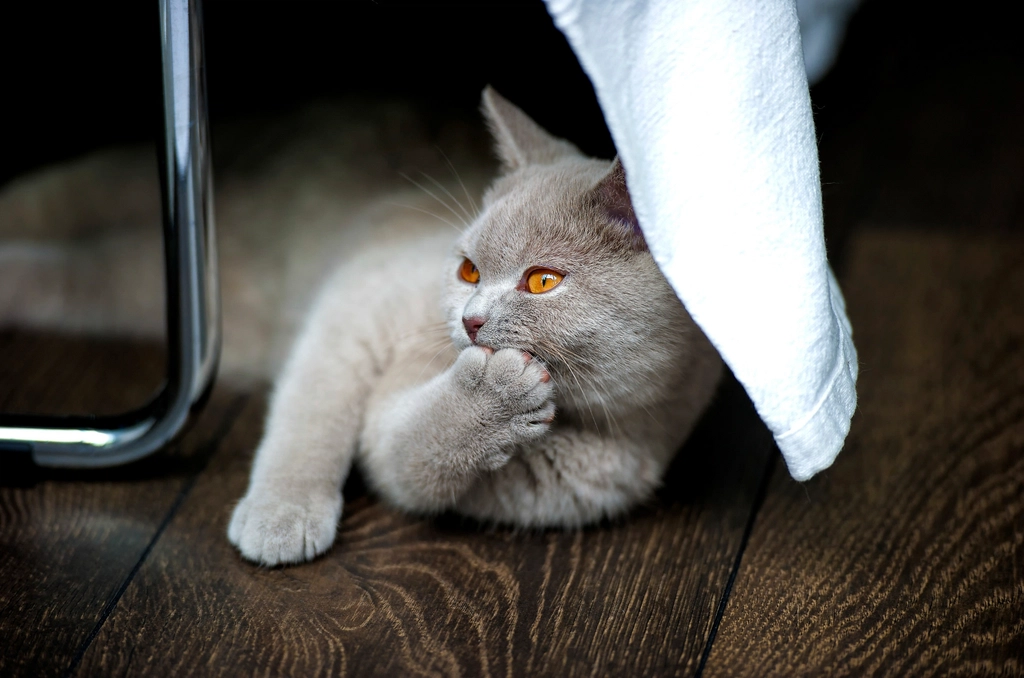
Cats are the neat freaks of the pet world. They spend a surprising amount of their day grooming themselves, ensuring their fur stays clean and shiny. This personal hygiene means fewer baths, less odor, and minimal effort from you. In contrast, dogs often require regular washes—especially if they get into something smelly or dirty. For apartment dwellers, the last thing you want is a wet dog shaking off in your living room. A cat’s meticulous grooming not only keeps your space cleaner but also reduces allergens and shedding. Their self-sufficiency in this area is a true gift for anyone short on time or energy.
Lower Exercise Demands

Dogs, especially larger breeds, need regular exercise to stay healthy and happy. This usually means multiple walks a day and plenty of outdoor playtime. Cats, however, get their exercise in short bursts—chasing a toy, pouncing on a shadow, or sprinting down the hallway at 2 a.m. Their activity needs are easily met inside, even in a small apartment. A few interactive toys, a scratching post, and some creative play can keep a cat perfectly content. You don’t need to allocate part of your day to outdoor excursions, which is a huge relief in urban environments where parks and open spaces are limited.
Minimal Odor
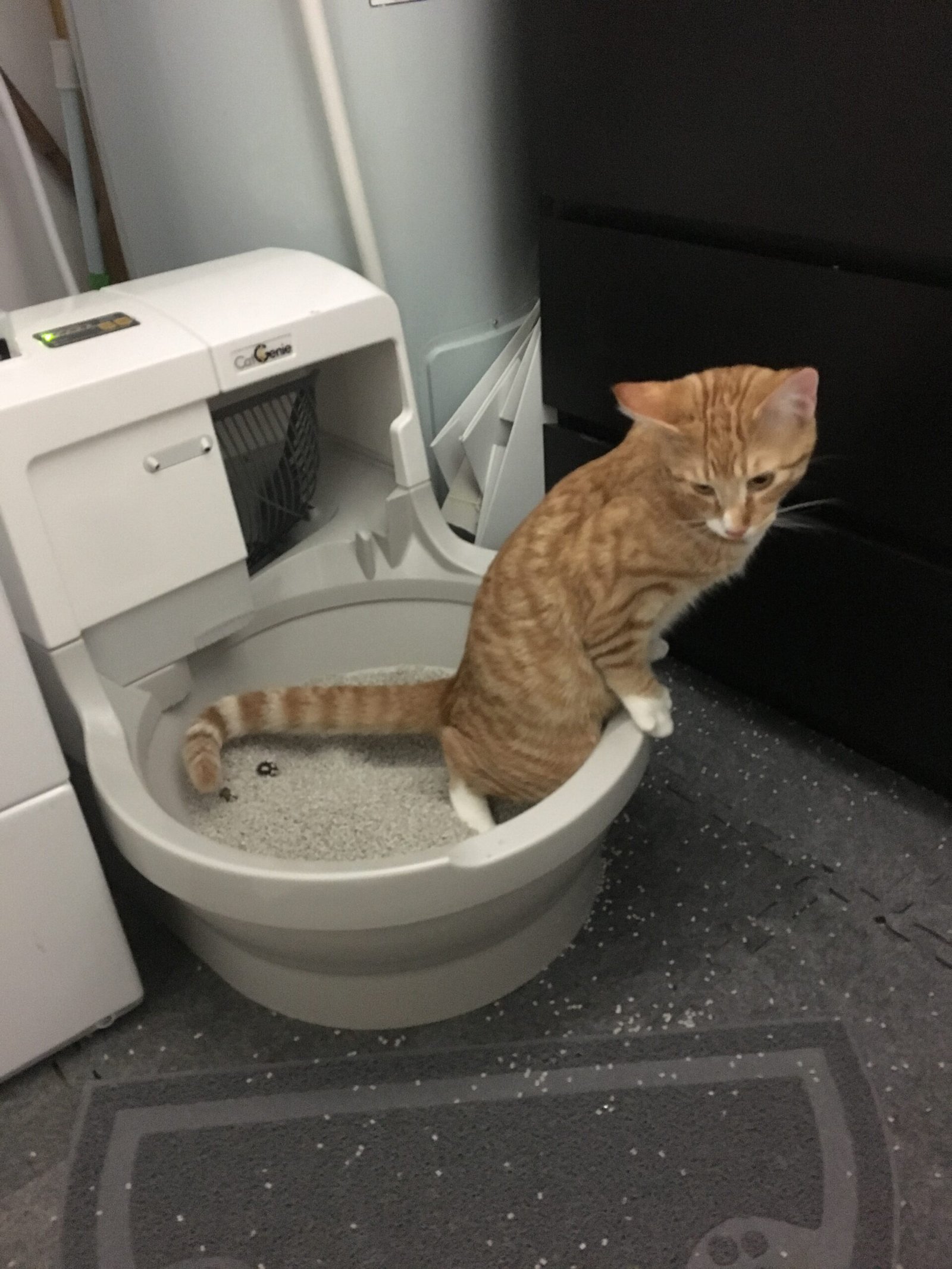
Let’s be honest: some dogs just smell, no matter how often you bathe them. Their fur traps odors from outside, and accidents happen, especially with puppies. Cats, thanks to their fastidious grooming and use of litter boxes, tend to keep odors to a minimum. A well-maintained litter box is almost undetectable, and regular cleaning ensures your apartment always smells fresh. The difference in scent can be shocking—walk into a dog-friendly apartment and then a cat-friendly one, and you’ll see what I mean. For anyone living in close quarters, odor control is a major win for cats.
Easier for Busy Schedules

Life gets hectic, and sometimes you’re out longer than planned. Dogs can become anxious, bored, or even destructive if left alone too long. They rely heavily on your presence for walks, meals, and companionship. Cats, on the other hand, are famously independent. They can entertain themselves and are perfectly fine with a day of napping until you return. Automated feeders and water fountains make it even easier to leave them for a day without worry. This flexibility is a blessing for anyone with an unpredictable schedule or long work hours in the city. Your cat will welcome you home—with a stretch and a purr, not a guilt trip.
No Need for Pet-Sitters Multiple Times a Day

Traveling or working late can be a logistical nightmare for dog owners, who need someone to check in, provide bathroom breaks, or take their pup for walks. Cats require far less hands-on care. As long as they have fresh food, water, and a clean litter box, they’re happy to lounge until your return. You can ask a friend or neighbor to drop by every couple of days, rather than multiple times a day. This ease of care makes having a cat in a small apartment far less stressful, especially for people who travel frequently or have demanding jobs. Freedom and peace of mind—what more could you want?
Perfect for Introverts and Quiet Types

If your idea of a perfect evening is a cup of tea, a good book, and some cozy silence, a cat is your spirit animal. Dogs, with their boundless energy and need for social interaction, can be overwhelming in a confined space. Cats, on the other hand, match the mood of their human companions. They’re content to sit quietly, purring beside you, or observe the world from a quiet corner. This calm presence is soothing, especially in the hustle and bustle of apartment living. Cats respect your need for downtime and don’t demand constant attention, making them ideal for anyone who values peace.
Lower Food Costs
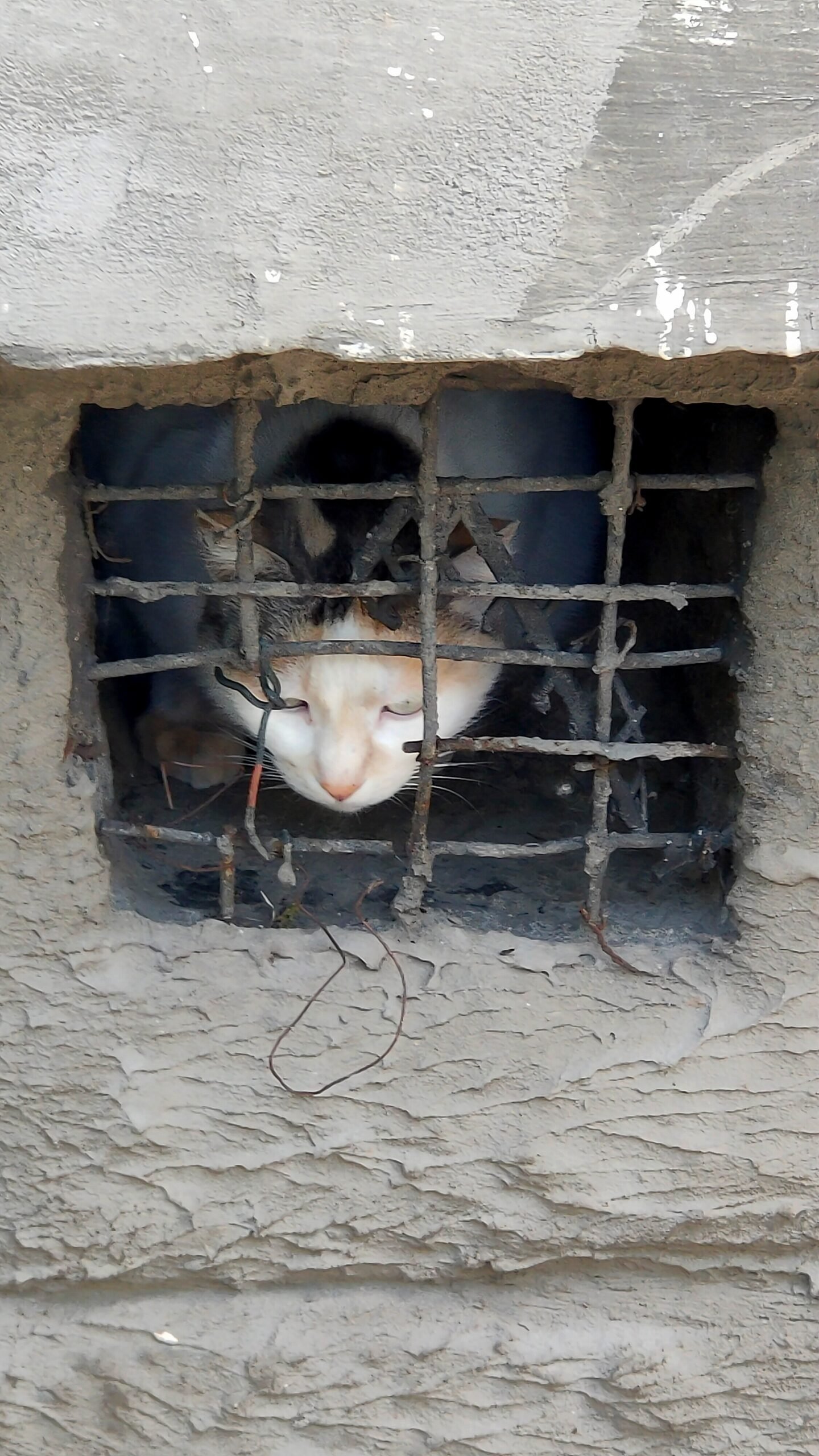
Feeding a large dog can be expensive, especially when space constraints mean you can’t buy in bulk. Cats, with their smaller appetites, are much more economical to feed. Even premium cat food goes a long way, and you won’t be tripping over massive bags of kibble in your small pantry. This reduced cost is a huge advantage for apartment dwellers on a budget. Plus, cats are less likely to beg for table scraps or raid your garbage, so your food stays your own. Lower costs mean more money for treats, toys, or maybe even a second cat!
Better for Allergies (Sometimes)
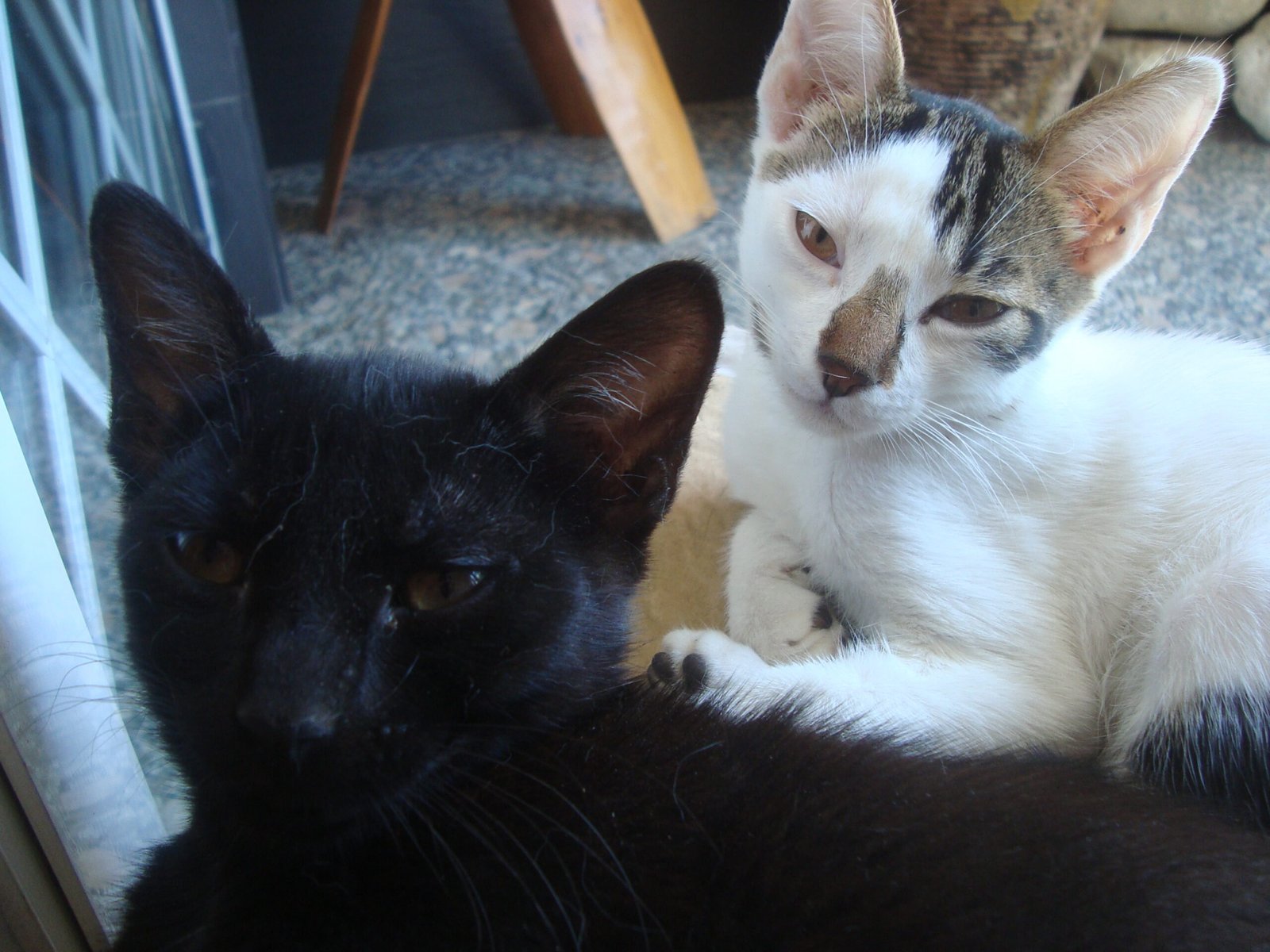
While it’s true that some people are allergic to cats, many breeds, like the Russian Blue or Sphynx, are hypoallergenic or shed less dander. Dogs, by contrast, often bring in pollen, dirt, and outdoor allergens on their fur, which can make small spaces more uncomfortable for allergy sufferers. With regular cleaning and proper grooming, a single cat in a small apartment is often easier to manage for allergy-prone individuals. Air purifiers and regular vacuuming can help, too. For many, the difference in allergens is noticeable and makes living with a cat much more pleasant.
Less Destructive Behavior
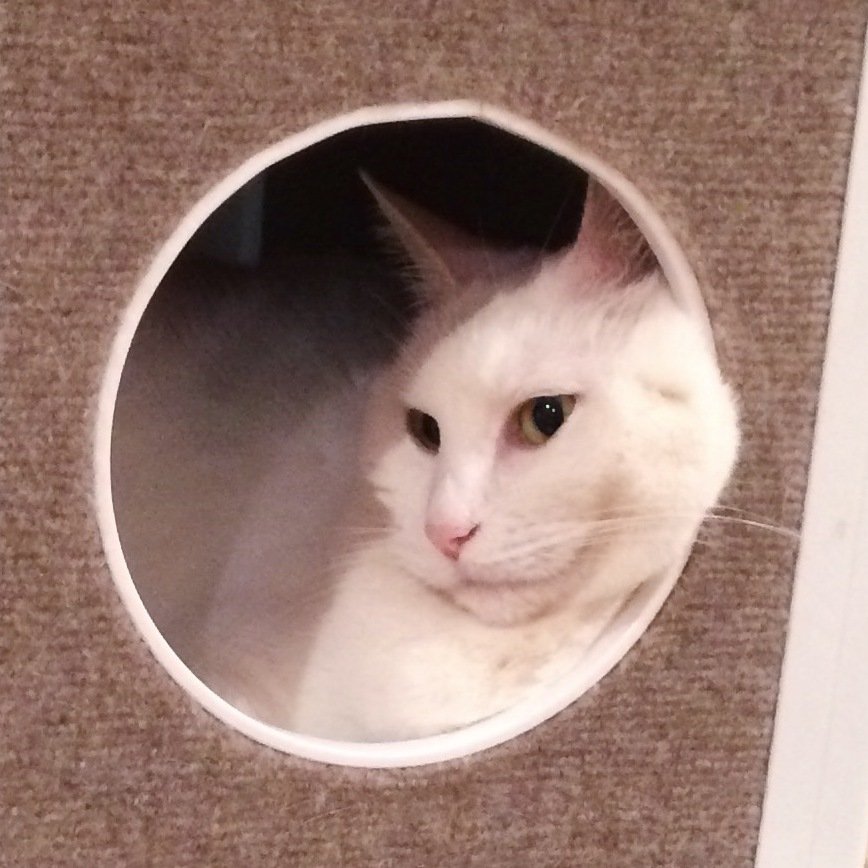
Dogs, especially when bored or anxious, can become destructive—chewing furniture, shoes, and even walls. In the tight quarters of an apartment, this behavior can be disastrous. Cats, while they might scratch, rarely cause the same level of damage. Providing a few scratching posts and engaging toys usually keeps their claws off your belongings. Cats’ natural curiosity is easier to manage in a small space, and their quieter mischief is less likely to result in expensive repairs. This means fewer headaches and a more harmonious home environment.
Quieter Playtime

When cats play, it’s usually a silent ballet of pouncing, stalking, and batting at toys. Dogs, especially in small spaces, can turn playtime into a noisy event with barking, growling, and the thunder of paws on the floor. If you have downstairs neighbors or thin walls, this can quickly lead to complaints. Cats’ quieter play is much less disruptive and allows you to relax, work, or sleep undisturbed. You can even enjoy late-night play sessions without worrying about waking the whole building. Quiet joy—now that’s apartment living at its finest.
Longer Lifespan
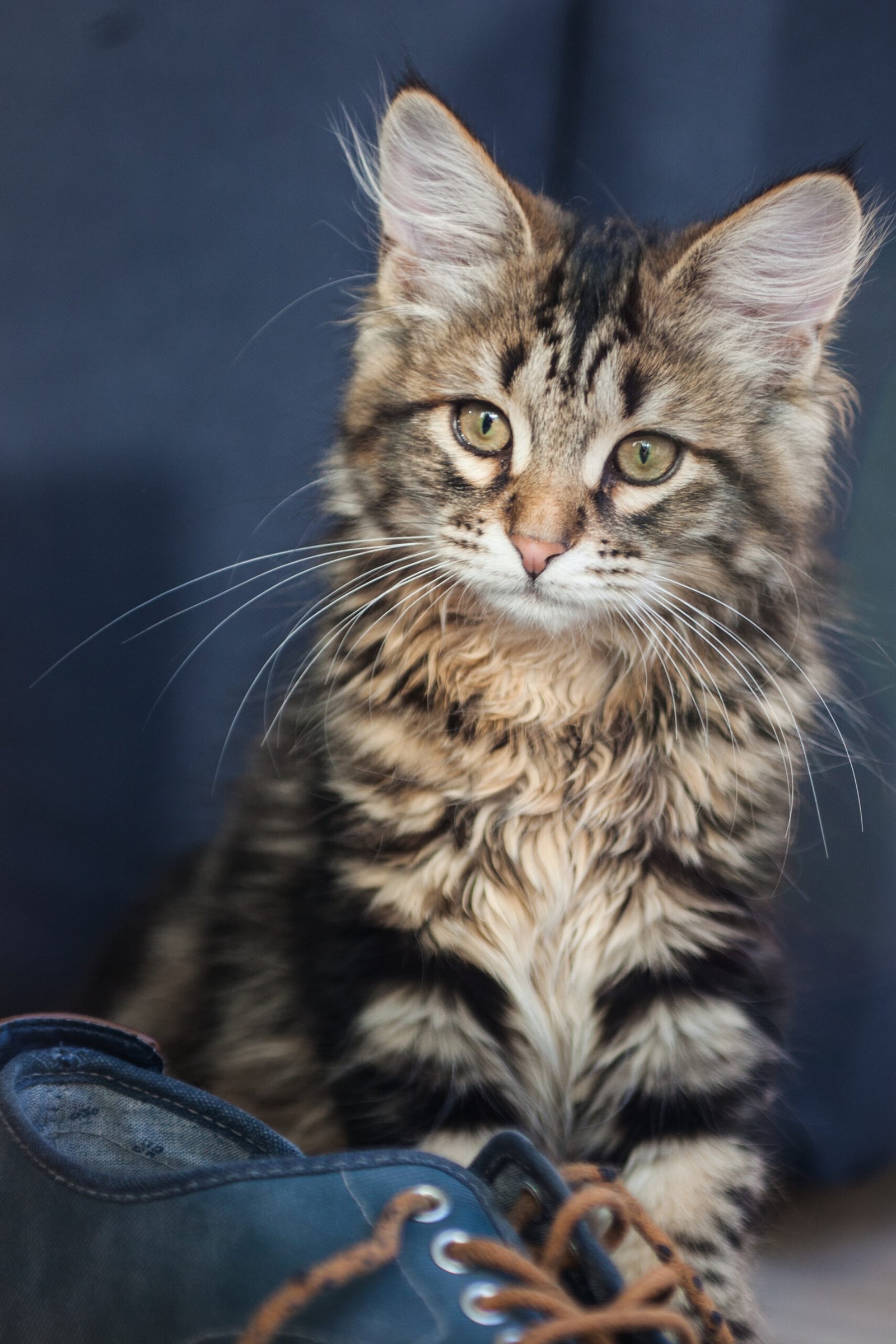
Cats typically live longer than dogs, especially when kept indoors. This means more years of companionship without the heartbreak of frequent loss. In the context of small apartments, a longer-lived pet means more stable routines and less emotional upheaval. Cats’ longevity also means they adapt to your lifestyle over time, becoming an integral part of your home. For anyone looking to build a lasting bond with a pet, a cat’s extended lifespan is a comforting thought. Growing together in a small space can deepen your connection and create countless cherished memories.
Easy Litter Box Maintenance

While cleaning a litter box isn’t anyone’s favorite chore, it’s a small price to pay for the convenience it offers. In an apartment, the alternatives—daily walks, accidents, or cleaning up after a dog—are far more time-consuming. With modern, odor-controlling litters and even self-cleaning boxes, this task is easier than ever. Cats’ natural inclination to use a litter box means fewer messes and less stress. You can manage your pet’s needs on your own schedule, rather than theirs. This flexibility is invaluable in the fast-paced, space-limited world of apartment living.
More Acceptable to Landlords
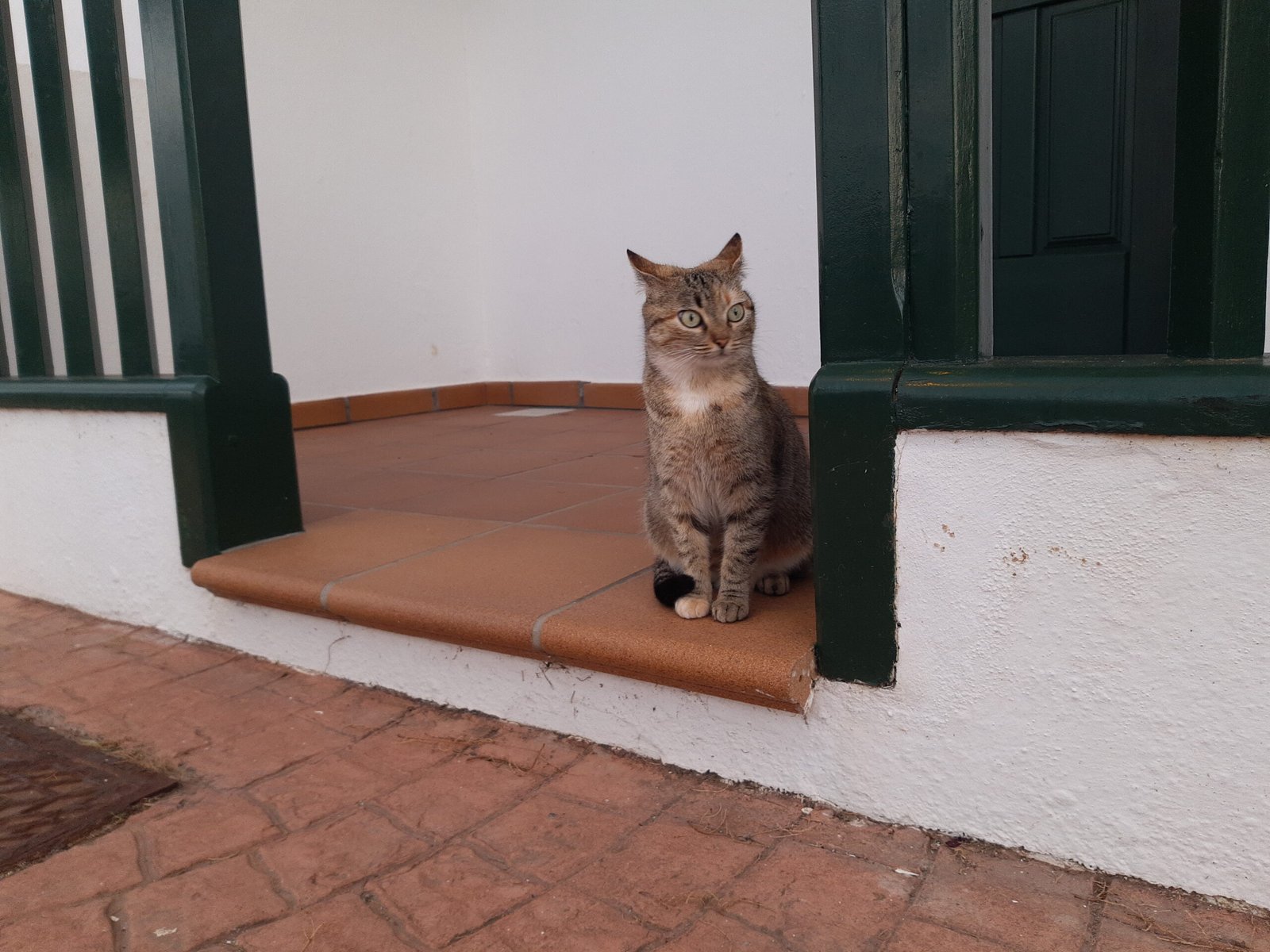
Many landlords are more open to tenants with cats than with dogs. Cats are generally quieter, cleaner, and less likely to cause damage or disturb other residents. This makes securing a pet-friendly apartment much easier if you’re a cat owner. Some buildings even have strict no-dog policies but allow cats without hesitation. Being able to bring your feline friend along makes moving less stressful and keeps your family together. This practical advantage can’t be overstated for anyone navigating the complexities of renting in urban areas.
Less Socialization Stress
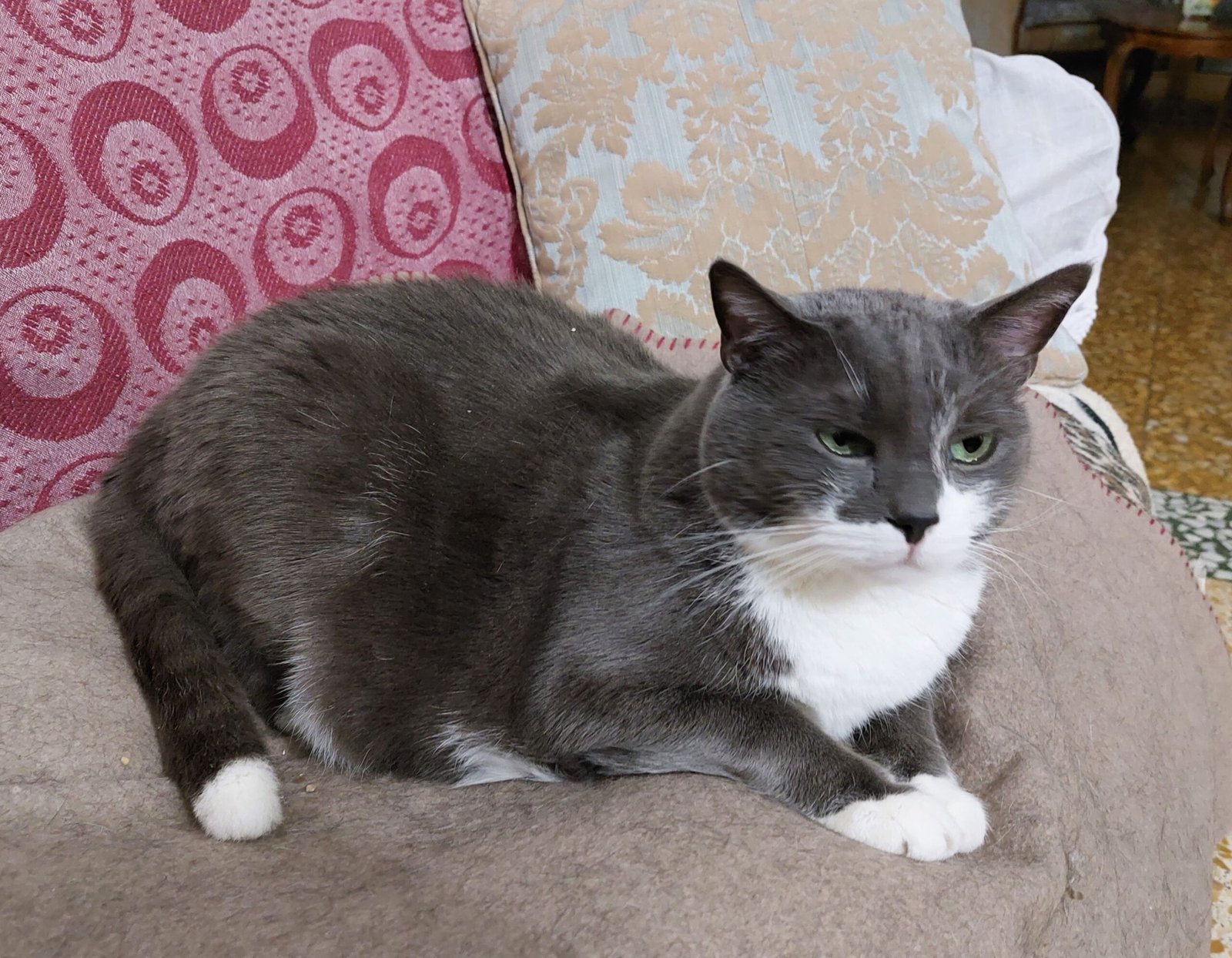
Dogs need regular walks and socialization, which can be challenging in an apartment setting—especially if you’re shy, busy, or live in a building with strict animal rules. Cats are perfectly happy with just you, needing little to no interaction with strangers or other animals. This introverted nature makes them ideal for anyone who prefers a quiet, predictable routine. You don’t have to worry about awkward elevator rides or tense encounters with other pets in the hallway. Life with a cat is peaceful, private, and just a little bit mysterious.
Fits Better with Modern Lifestyles
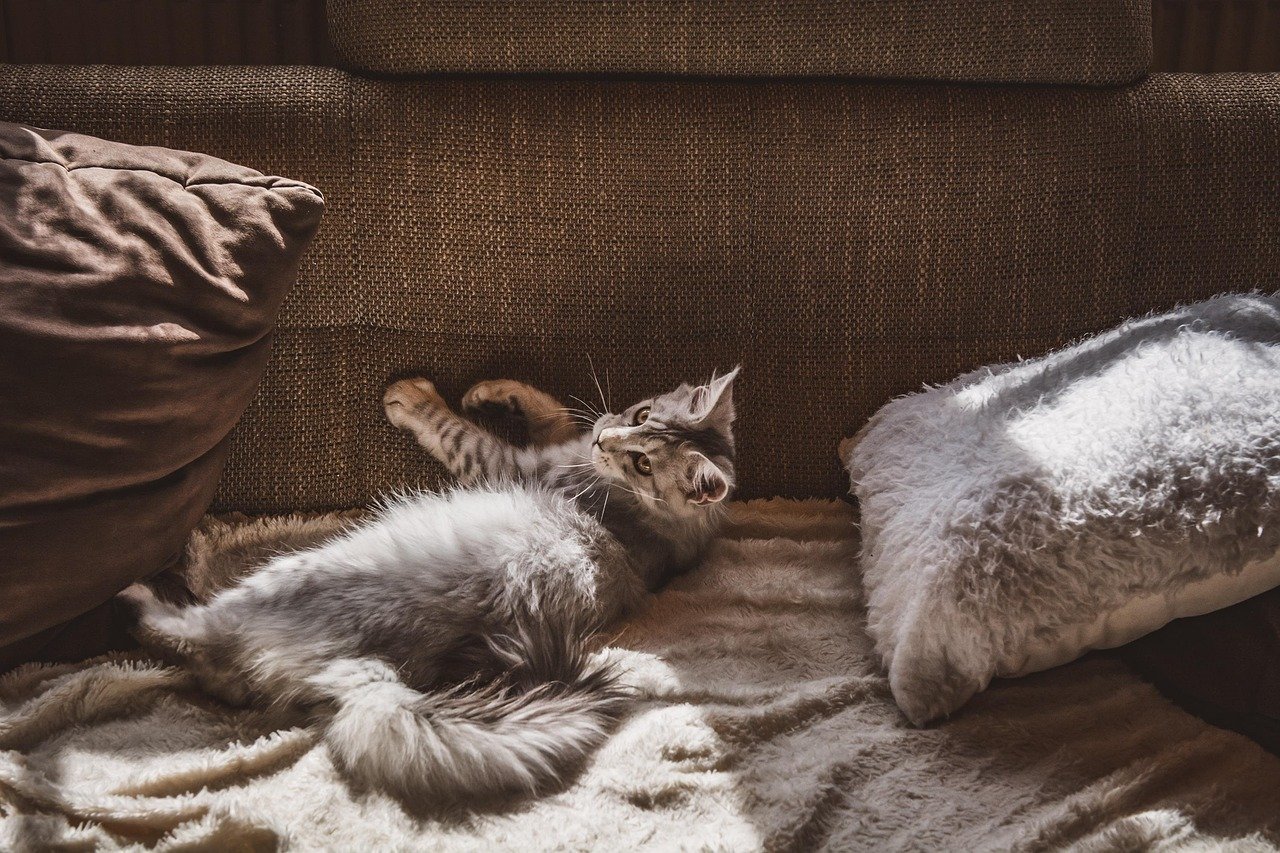
Today’s lifestyles are busier and more demanding than ever, especially in urban environments. Cats’ independence, flexibility, and low-maintenance nature make them the ultimate pets for modern apartment dwellers. They fit seamlessly into a life filled with work, hobbies, and social commitments without requiring major sacrifices. You get all the emotional benefits of pet ownership—companionship, comfort, and joy—without the logistical headaches. Cats adapt to your routines and needs, making life smoother and more enjoyable.
The Joy of Watching a Cat in a Small Space
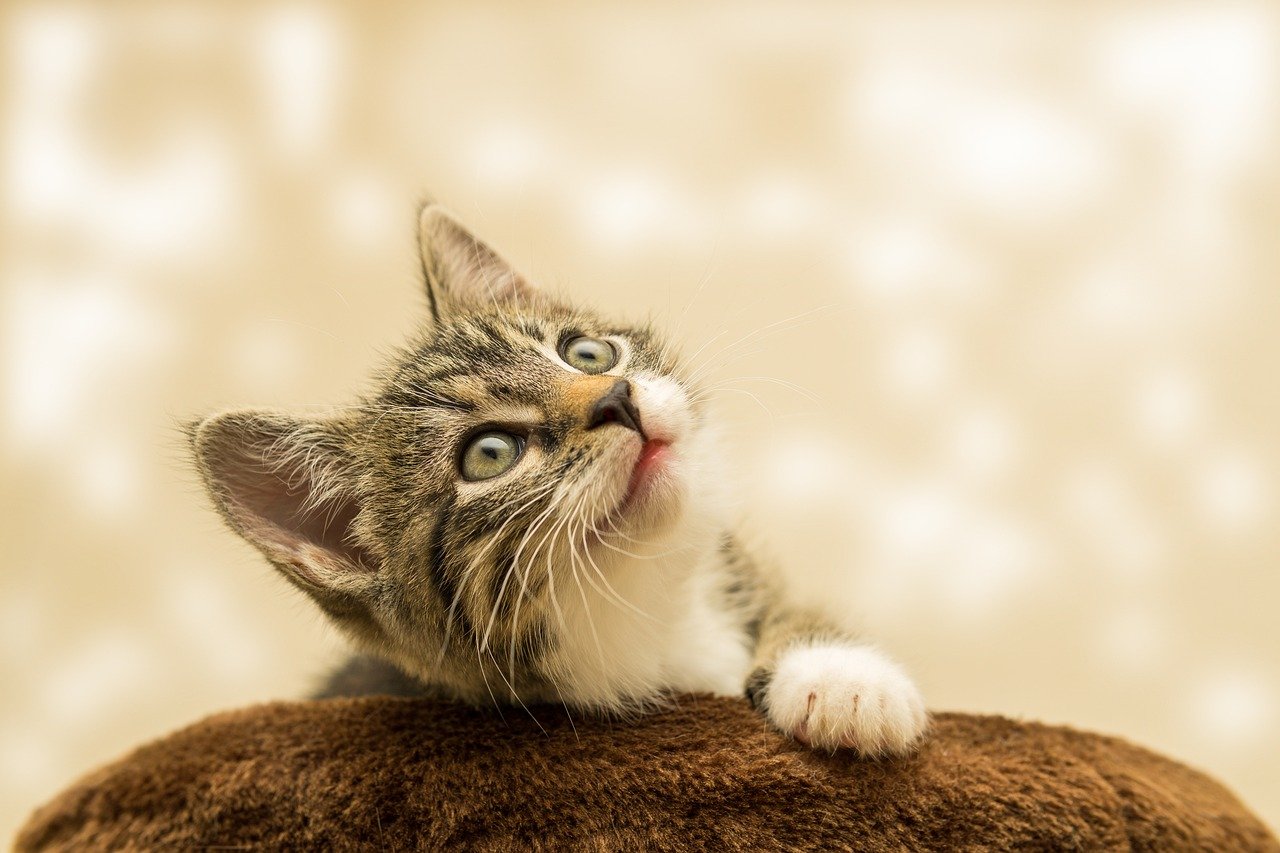
There’s something endlessly entertaining about seeing a cat explore every corner of your apartment. Whether it’s squeezing into a paper bag, leaping onto the fridge, or simply gazing out the window, cats make even the smallest space feel alive. Their curiosity, playfulness, and affection transform an ordinary apartment into a home. Every day brings new antics and surprises, keeping you laughing and smiling, no matter how small your living area may be. Sharing your space with a cat is like having a little bit of magic in your everyday life.
Hi, I’m Bola, a passionate writer and creative strategist with a knack for crafting compelling content that educates, inspires, and connects. Over the years, I’ve honed my skills across various writing fields, including content creation, copywriting, online course development, and video scriptwriting.
When I’m not at my desk, you’ll find me exploring new ideas, reading books, or brainstorming creative ways to solve challenges. I believe that words have the power to transform, and I’m here to help you leverage that power for success.
Thanks for stopping by, Keep coming to this website to checkout new articles form me. You’d always love it!






